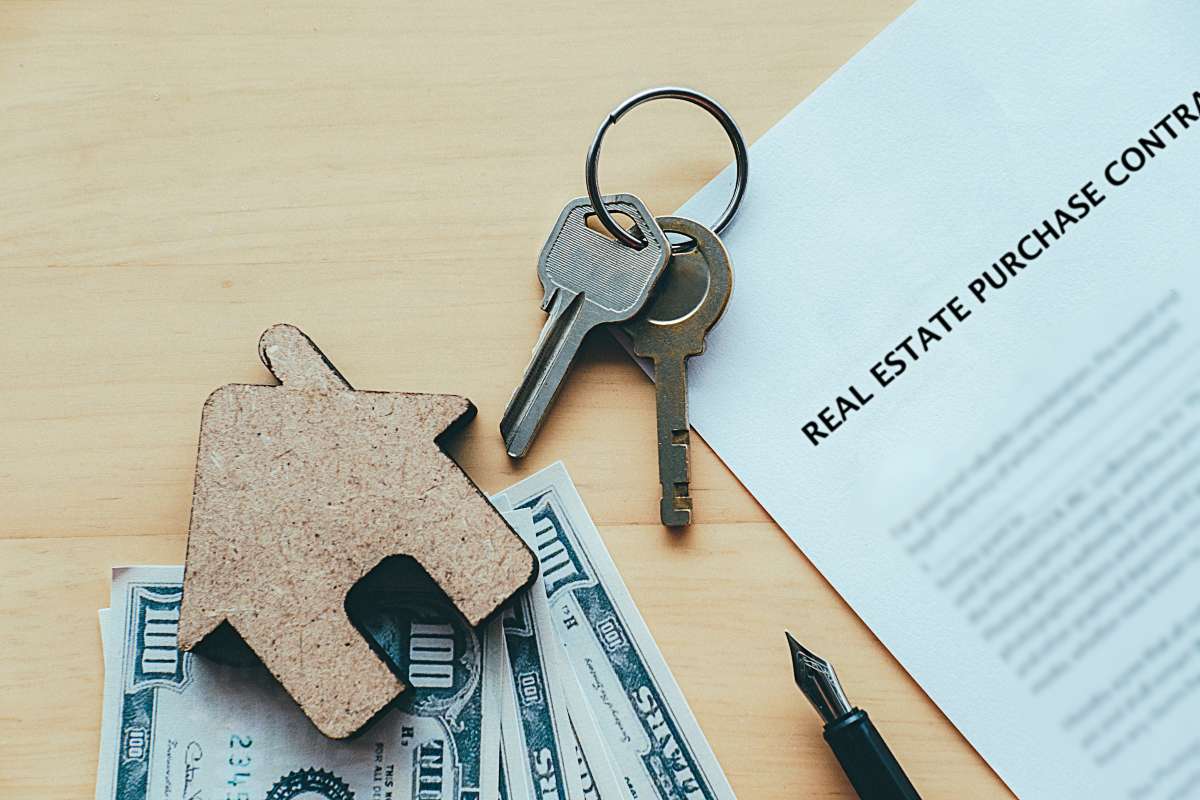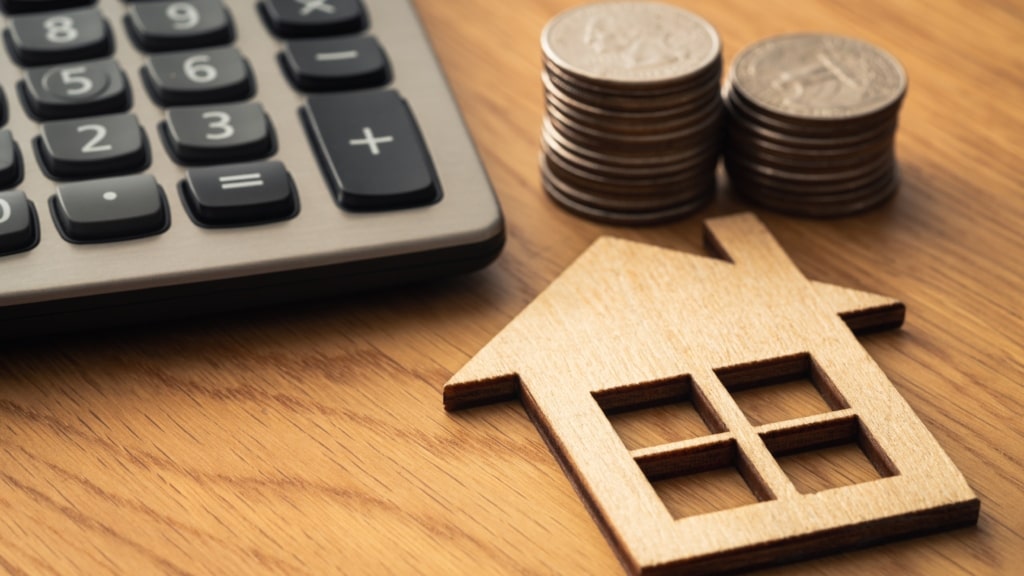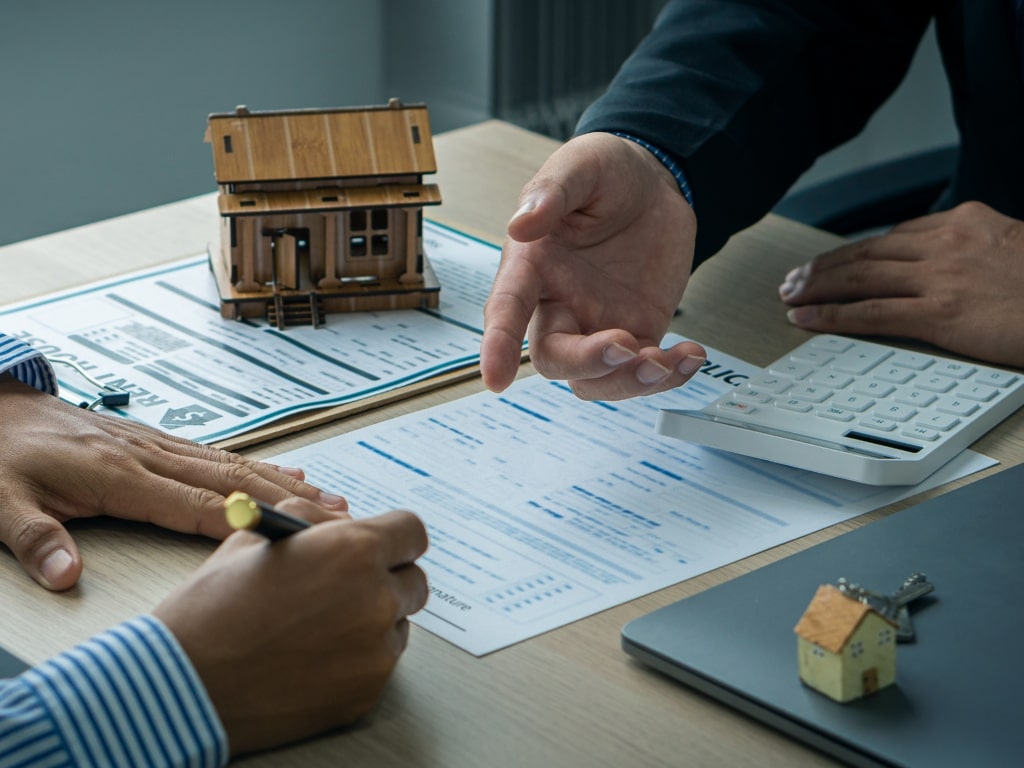Repossessed buyers returning to the UK housing market are becoming more common. With house prices fluctuating and financial pressures mounting, many former homeowners are eager to start afresh. But a vital question remains: Can repossessed buyers purchase property again? The short answer is yes, but the journey isn’t straightforward. In this guide, we’ll explore the process, challenges, and opportunities faced by individuals who have faced repossession and are looking to re-enter the property market.
What Is Repossession and Why Does It Occur?
Repossession occurs when a mortgage lender takes back property ownership due to non-payment. It typically follows court action when the borrower has fallen significantly behind on their mortgage repayments. Common reasons include:
- Job loss or reduction in income
- Illness or disability
- Divorce or separation
- Rising mortgage interest rates
- Poor financial planning
Once a property is repossessed, it’s often sold at auction or below market value to recover the lender’slender’s losses.
Can You Buy a House After Being Repossessed?
Yes, repurchasing a house after repossession is possible, but the path is more complex. Buyers must rebuild their credit profile, demonstrate financial stability, and often wait a specific period before lenders consider them for a new mortgage.
How Soon Can You Get a Mortgage After Repossession?
There’s no fixed legal waiting period, but most lenders want to see at least 2–6 years of improved credit behaviour before approving a new loan. Some specialist lenders may consider applications sooner — sometimes within 12 to 24 months — if borrowers can prove that their financial situation has stabilised.
Key factors include:
- Time elapsed since the repossession
- Size of the deposit (the larger, the better)
- Credit report and score recovery
- Stable employment history
- Affordability assessment
Understanding Strategic Repossession and Its Implications
“Strategic repossession” refers to when a borrower willingly walks away from their mortgage obligations, often to protect their finances. This may happen if the home has negative equity or monthly repayments have become unsustainable. While some see this as a sound financial decision, others argue it’s unfair to responsible homeowners who continue to sacrifice to stay afloat.
Why It Matters
Strategic repossession can lead to faster re-entry into the housing market and damage market stability. Without consequences or delays, it may encourage similar behaviour among other borrowers.
Suggested reforms:
- There is a waiting period before repossessed buyers can apply again
- Financial education to prevent strategic walkaways
- Support systems for at-risk homeowners
Rebuilding After Repossession: Steps to Take
To increase your chances of buying again, take the following steps:
1. Check Your Credit Report
Review your credit file through agencies like Experian, Equifax or TransUnion. Look for errors, outdated information, or unresolved debts.
2. Improve Your Credit Score
Pay down outstanding debts, make all future payments on time, and avoid applying for too much credit at once.
3. Save for a Larger Deposit
A higher deposit reduces the risk for lenders and can open doors to more favourable mortgage products.
4. Speak to a Specialist Mortgage Adviser
These professionals can help you guide the market and find lenders who deal with adverse credit or previous repossession cases.
5. Consider Government Schemes
Look into Help to Buy or Shared Ownership options. These can offer lower entry points for buyers with limited savings.
Should There Be a Waiting Period Before Re-Entering the Market?
Many industry experts believe a waiting period can promote fairness and reduce impulsive decision-making. A structured timeframe would:
- Encourage struggling homeowners to seek support
- Discourage intentional repossession
- Prevent a flood of distressed buyers from affecting house prices
However, critics argue that blanket rules punish those suffering unavoidable financial hardship. The key is balance — assessing intent and individual circumstances.
 Repossessed buyers returning to the property market.
Repossessed buyers returning to the property market.
The Impact on the Property Market
When repossessed buyers re-enter the market:
Pros: They drive demand, help maintain housing liquidity, and contribute to market recovery.
Cons: A surge in repossessed buyers may influence pricing trends and pressure responsible borrowers.
Introducing structured pathways — such as financial education and tiered mortgage eligibility — could create a more stable and equitable housing environment.
What Buyers and Sellers Need to Know
For Formerly Repossessed Buyers:
- Be patient: Credit recovery takes time.
- Stay informed: Monitor mortgage trends and lender criteria.
- Seek guidance: Work with mortgage brokers who understand adverse credit.
For Property Sellers:
- Understand buyer profiles: More repossessed buyers may be entering the market.
- Adjust pricing strategy: Be mindful of demand from first-time and second-chance buyers.
- Choose experienced agents: Work with professionals to understand market fluctuations and distressed sales.
The Role of The Property Buyers
At The Property Buyers, we understand the emotional and financial strain that repossession can cause. Our team offers fast, fair, and confidential home-selling solutions if you’re facing mortgage arrears, legal threats, or want a fresh start.
Why choose us?
- Quick, cash-based property purchases
- No legal fees or hidden charges
- Supportive, judgement-free service
Whether you aim to avoid repossession or plan your next purchase after one, our team is here to help you move forward.
Final Thoughts
Yes — homeownership after repossession is not only possible but increasingly common. While there are hurdles to overcome, including rebuilding credit and proving financial responsibility, many former homeowners find themselves back on the ladder within a few years.
The key to success lies in:
- Understanding your current financial situation
- Taking proactive steps to repair your credit
- Partnering with experts who can guide your next move
By doing so, repossessed buyers can rebuild not only their credit but also their confidence and future.
Ready to Take the Next Step?
If you want to sell your home quickly or need advice on buying again after repossession, contact The Property Buyers today. Let’s make your comeback story a reality.
👉 Complete our online form to receive a free, no-obligation offer within 24 hours.
Frequently Asked Questions
1. Can I get a mortgage after being repossessed?
Yes, you can. Although securing a mortgage after repossession is more challenging, it is certainly possible. Most lenders want evidence of improved credit behaviour and financial stability. You may also need a larger deposit and the support of a specialist mortgage broker who understands complex cases.
2. How long do I wait to buy another home after repossession?
There's no official waiting period, but most high-street lenders will require 2 to 6 years. Some specialist lenders may consider applications as early as 12 to 24 months post-repossession, especially if you can show financial recovery and a clean credit history since the event.
3. Will repossession permanently affect my credit score?
Repossessions seriously impact your credit score, but it's not permanent. The event typically stays on your credit file for six years from the date of the repossession. During that time, you can take steps to rebuild your credit by managing your finances carefully and making timely payments on any current debts.
4. Are there any government schemes available to help me buy again?
Yes. Depending on your circumstances, you might be eligible for Help to Buy, Shared Ownership, or First Homes schemes. These options can reduce the initial deposit required and offer more flexible terms, especially for those looking to re-enter the housing market after financial difficulty.
5. Should I use a mortgage broker after being repossessed?
Absolutely. A specialist mortgage broker can seriously improve your chances of getting approved. They have access to lenders that are more open to applicants with adverse credit histories and can help you find the most appropriate deal based on your current financial situation.


 Repossessed buyers returning to the property market.
Repossessed buyers returning to the property market.






